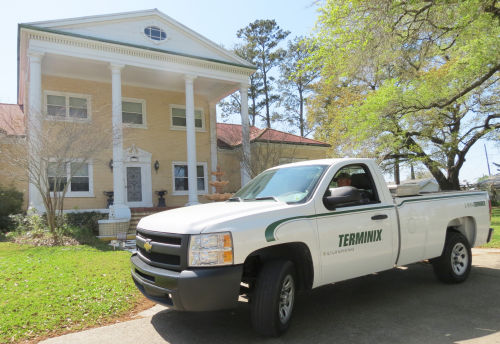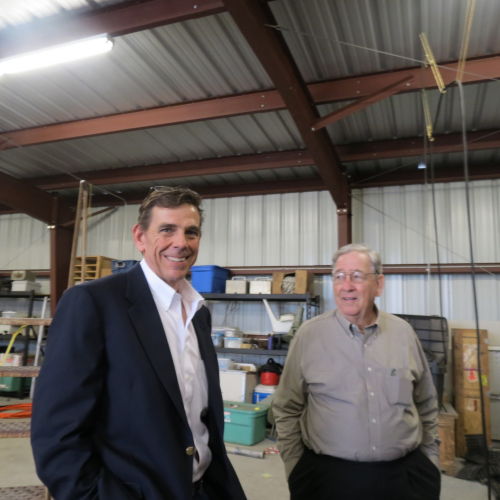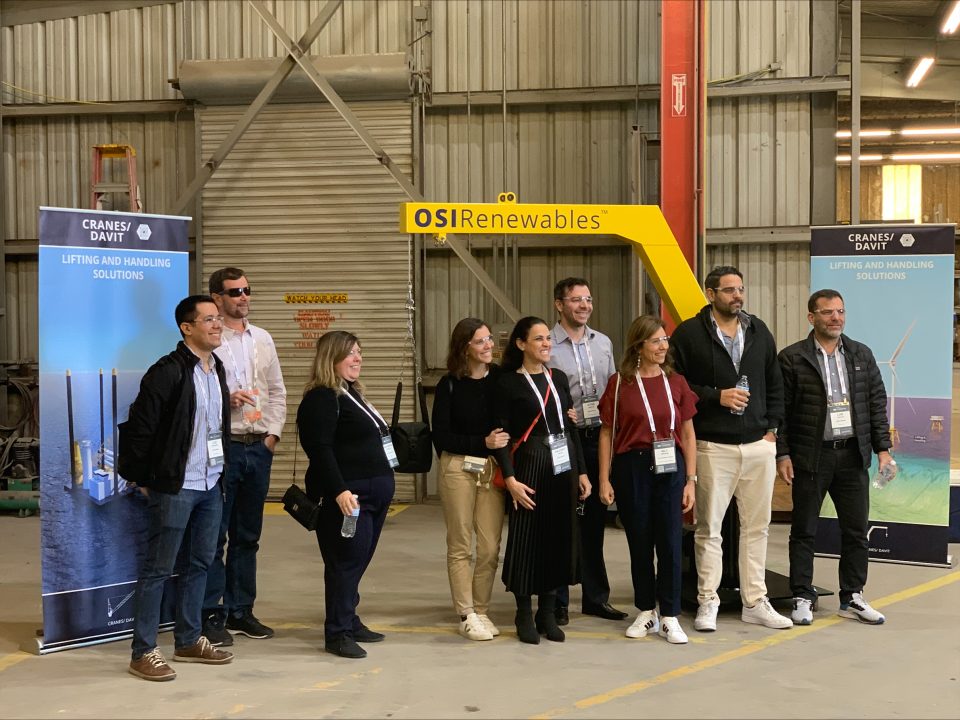Staying power no secret for successful businesses
March 26, 2013
Foster family environment fuels Terminix growth
March 26, 2013It really started before the slide rules and compasses, with saws and related implements, before the 1913 founding of the company that in many ways has become a household name in Terrebonne and surrounding parishes.
The legacy of T. Baker Smith extends from the vision of his father, Clifford Percival Smith, who migrated to Terrebonne Parish in the mid-to-late 19th century, seeking to try his hand at the burgeoning cypress lumber business.
“He had been in Kentucky, living on the river, messing around with oak up there,” said great-grandson Kenny Smith, now CEO of the family business.
Clifford P. purchased land, built a sawmill, and went to work shaping the future of his family and, indirectly, that of Terrebonne Parish and surrounding communities.
His son’s entry into the engineering profession 100 years ago resulted in a firm that now performs oilfield and marine safety and training, equipment rental – including over 35 boats with captains and crews – unique airboats built for specific tasks, marsh buggies, survey barges, even oyster research, overall environmental services and information technology.
The son, T. Baker Smith, born in 1888, attended Tulane University at the behest of his parents, and returned to Terrebonne Parish upon graduating with his engineering degree.
The work he began has stretched out through two more generations, into a family business that has played key roles in the development of Terrebonne Parish. From bridges and flood control structures to pipelines and buildings, T. Baker Smith has addressed community needs with a multi-faceted approach that has changed with times and technology.
But in the beginning it was T. Baker, whose notebooks meticulously recreated the surveys of land done by men who performed that work for a young nation, who made the mark and the standard for the firm that now bears his name.
Those notebooks are shelved in a building on the company’s South Van Avenue campus, yellowed but legible and still useful.
The first paved road in Houma, a series of bridges and other marvels of their time began on T. Baker’s drawing board.
His son, Clifford Smith, who continued the company’s work, says that for his family and himself the only way to describe 100 years of growth is as a blessing.
“It feels that it was a blessed life,” Clifford said. “My parents insisted that I get a formal education and civil engineering was kind of a no-brainer for me. I was the youngest in the T. Baker family.”
So in the 1958, a fresh degree from LSU under his belt, Clifford began what he refers to as “scraping out a living” in the town his dad had already begun to build.
“Yes it was a blessing, to come back to the community where my parents had given me an opportunity, for the education, for a job, for a business,” Clifford said. “It was a community that I could practice my profession in. It was a time when the community was expanding.”
Shopping centers and subdivisions, many fueled by an oil boom that T. Baker could not have envisioned when he first began his engineering career 100 years ago marked the firm’s contributions.
Assistance was given to people digging wells. The demand for pipelines was high.
And then, in the 1980s, came the oil bust.
“Except for that downturn in the 1980s we have had an expanding economy and community,” Clifford said. “In the 1980s it was public works clients who kept our group active and alive. It has been a way to adapt.”
In the early 1980s the firm employed more than 100 people and by 1986 there were 35. The T. Baker Smith firm, like a lot of others, downsized.
Clifford had adapted as well, embracing new technologies rather than shunning them or trying too hard to hold on to old ways. Family members say that helped give the firm diversity, enough of it to bridge itself over the lean times.
Clifford’s son, Kenny, continued the family tradition after graduating from Louisiana Tech.
“We are very proud and although we have grown dramatically we are rooted in Terrebonne,” Kenny said. “We may go to work all over the place but when it comes time to come home for the weekend we are here in Terrebonne Parish. Over 100 years there have been a lot of ups and downs, but the overall theme is we adapt and we survive. We have adapted and survived through the Great Depression, through two world wars.”
Kenny Smith is clear that he grew up wanting to be in the family’s business.
But even as Louisiana began its recovery from the oil bust, awareness was increasing of the tremendous price that had been paid over the years to nature.
Hurricanes claimed more than ever before. The infrastructure that the T. Baker Smith engineers helped build was jeopardized. Coastal erosion, increased salinity of waters deeper in shore, all demanded solutions.
Under the guiding hands of father and son – Clifford and Kenny – T. Baker Smith met the challenge of fighting back against environmental peril.
“In my dad’s career, it was all about the infrastructure,” said Kenny Smith. “He knew how to build roads and new bridges, shopping centers. In the last half it’s been not about growing but surviving against the flooding and erosion, whether we are going to create a new levee or stabilize an old one. Hopefully, we have done some good things to allow people to live.”
The legacy is apparent, as a newer generation of Smiths gets to view the infrastructure their father, grandfather and great-grandfather made happen.
“It is at the essence of being an engineer,” said Kenny Smith. “You want to use your skill set and your education to better your community.”
Kenny Smith and his father, Clifford Smith, speak about the history of their family’s firm, T. Baker Smith, in a boat repair facility on property in east Houma, where the company handles some of its marine operations.












